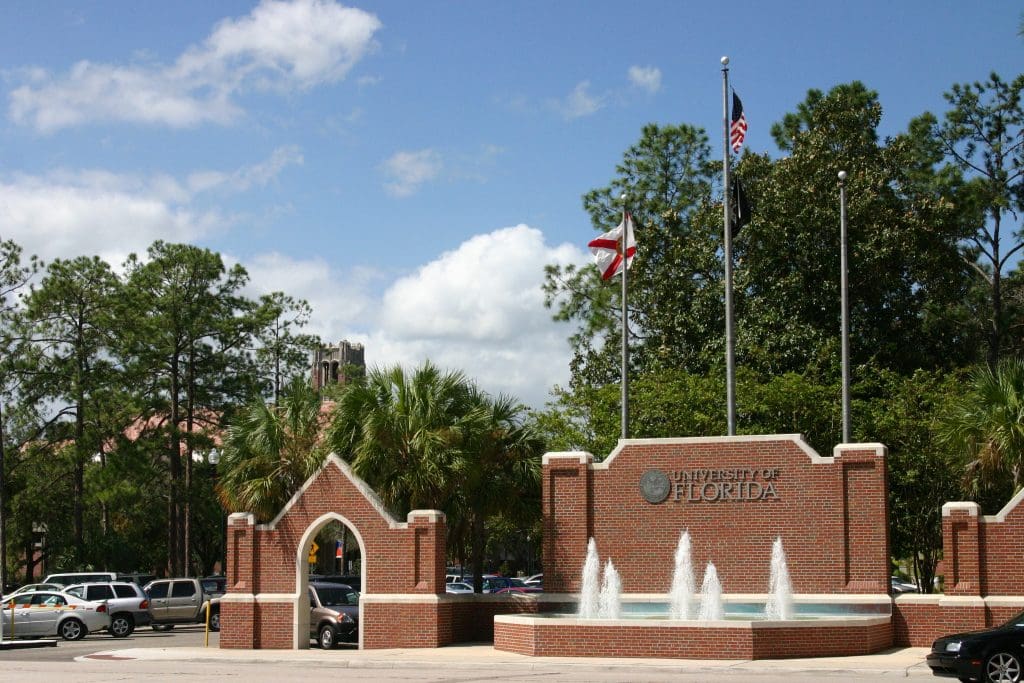
In 2014, Tellefson-Torres held a UFW Foundation meeting in Salinas with more than 100 farmworkers in attendance and asked for a show of hands: How many of them had smartphones? Only three in the crowd. Fortunately, by April 2020, when his wife was staring out nervously at that interminable line of cars, Torres had already realized he could use his tech background to solve at least part of the problem, and it was all thanks to a shift that had happened just a few years earlier: Farmworkers had smartphones. Geography, low literacy rates and limited awareness of their rights meant workers often missed out on the most basic support, even when it was available.
.png)
Torres, himself the son of a sharecropper and a cotton picker, had watched his wife ramp up assistance for agricultural workers for 17 years, but he had also watched the ongoing struggle-the population his wife had centered her career around was spread out in far-flung rural towns, sometimes hours away from a UFW Foundation office. It was the type of problem Tellefson-Torres, ’98, had discussed with her husband, Jesus Torres, ’98, countless times. “We needed 4,000.” There were so many people still in line when the food ran out that Tellefson-Torres’s staff couldn't realistically tell them all that they should go home, let alone explain when to come back. “We started off like, ‘Let’s do a thousand meals,’” says UFW Foundation executive director Diana Tellefson-Torres, ’98.
.png)
In response, the UFW Foundation-a nonprofit arm of the United Farm Workers of America, the union founded by Cesar Chavez-had helped organize a one-day meal giveaway and announced the event on dedicated radio stations for farmworkers. Despite harvesting the fruits and nuts that would fill grocery store shelves during the early days of the pandemic, farmworkers were struggling to feed their families.

On April 22, 2020, a line of cars snaked along the dry, dusty roads of Delano, Calif.


 0 kommentar(er)
0 kommentar(er)
